Marked by startling language, ethnographic detail and native idiom, Dalit writing in Tamil has gone hand in hand with political activism, and with critical and ideological debate. Sangati flouts received notions of what a novel should be. It has no plot in the normal sense, nor any main characters. In terms of structure, it seeks to create a Dalit feminist perspective and explores the impact of discrimination–compounded above all, by poverty–suffered by Dalit women. Thus many voices narrate personal experiences, that are first counter pointed by the generalizing comments of the grandmother and mother figures, and then by the reflections of the author-narrator. There is one set of stories in the book, of women who have worked hard all their lives, from the moment they are able to help with the care of younger siblings or with chores about the house, or outside. There are other stories as well: telling of rites of passage, a coming of age ceremony, a betrothal, a group wedding, and of possession and exorcism. Sangati is a book about a community’s identity, not about the single self. Yet it ends by pointing out how Paraiya women are always the most vulnerable, even when educated, economically independent and choosing to live alone. Written in a colloquial style which overturns the decorum and aesthetics of upper-caste, upper-class Tamil, the novel seeks to tease out a positive cultural identity as Dalit and woman, which can resist upper-caste norms. This novel will appeal to readers interested in Indian writings in translation and students of political and social history.
Sangati: Events
In stock
Free & Quick Delivery Worldwide
Bibliographic information
Title
Sangati: Events
Author
Edition
1st ed.
Publisher
ISBN
0195670884
Length
xxiii+126p., 23cm.
Subjects

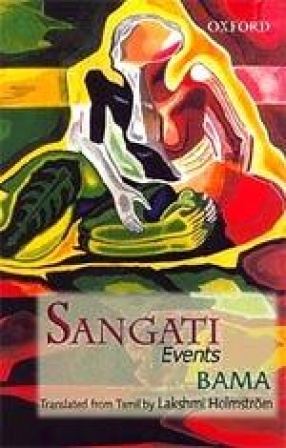
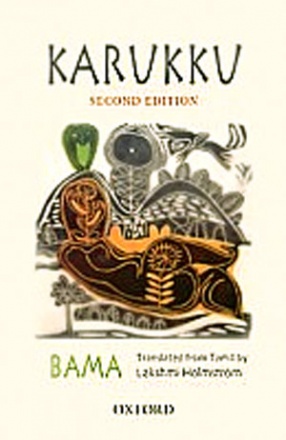
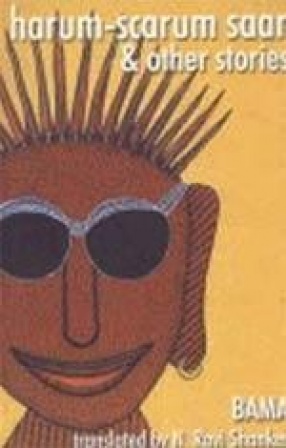
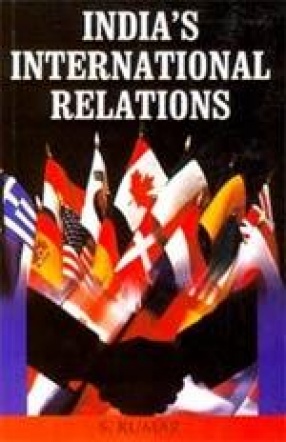

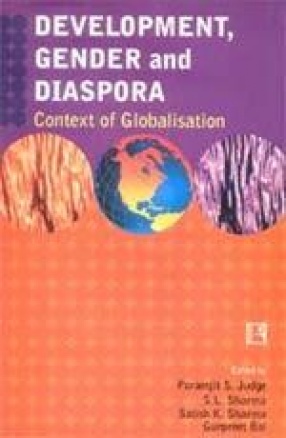
There are no reviews yet.